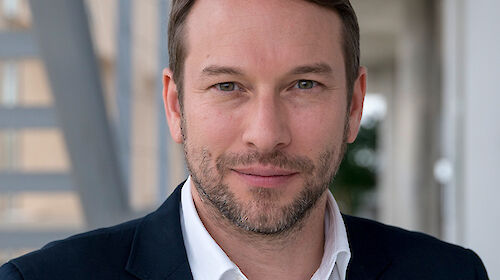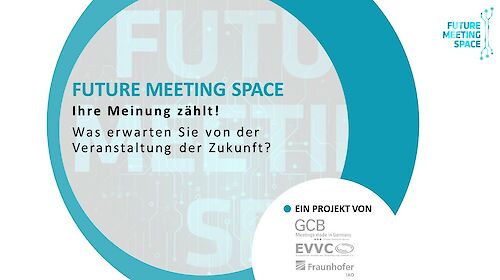“Tourism promotion must be well thought out”
GCB FutureTalks #12 with Natalia Bayona
 © Natalia Bayona
© Natalia Bayona
Matthias Schultze, Managing Director of the German Convention Bureau, spoke with Natalia Bayona, a Senior Expert on Innovation and Digital Transformation at the World Tourism Organization (UNWTO), to discuss the future of the global tourism industry. Natalia Bayona is convinced that destinations must plan their promotion activities carefully and that the future of travelling will be more conscious, sustainable, and niche-based.
Matthias Schultze: What does the current situation – the worldwide spread of the corona virus – mean for the global tourism industry?
Natalia Bayona: The worldwide spread of COVID-19 has confronted our industry with a new set of challenges. Communities all over the world are threatened by the downtime of the most democratic economic sector and we must face this challenge together. On a positive note, this ongoing situation has also presented us with an opportunity to evolve tourism to the next level regarding sustainability and innovation. Ultimately, this will benefit people, businesses, and destinations alike.
Of course, all of us are still aware of the tourism industry’s proven resilience, though. After SARS 2003 and the financial crisis of 2009, the industry experienced a complete decade of continuous growth. This makes me feel confident that our industry will once again be the driver of recovery around the world. Thankfully, we can also rely on the support of the global innovation ecosystems. The way we will #traveltomorrow is going to be more conscious, sustainable, and niche-based – deviating from mainstream mass tourism. Travelling to rural areas, implementing technologies for smart destinations, promoting entrepreneurship and startups, fostering green and social impact investments, and contributing to the acceleration of the Sustainable Development Goals (SDGs) will shape the new tourism landscape.
Matthias Schultze: #KeepYourDistance – how has COVID-19 affected your work?
Natalia Bayona: My workdays haven certainly gotten a lot busier, but we must use this time and come up with solutions to make tourism possible again and support our Member States to overcome this crisis. Through these challenges, we have grown much closer to our innovation ecosystem stakeholders – while keeping the distance, of course. We have collaborated with many global organizations and developed numerous strong projects, such as the Healing Solutions for Tourism Challenge or the Global Crisis Committee. Additionally, I am a speaker in different countries and promote sustainability, accessibility, inclusiveness, and innovation within the tourism industry on a daily basis.
Matthias Schultze: What is the long-term effect of the current exceptional situation on events and event formats?
Natalia Bayona: The MICE sector is one of the most dynamic sectors within the tourism value chain. Even though we are required to stay home at the moment, the industry has the possibility of offering high-quality content-events to prepare travelers, businesses and destinations to embrace tourism again once the borders will reopen. Nowadays, we can see that online events are both training and promotion platforms which can spread the voice of a more sustainable and innovative way of travelling.
Technological advances can make the most complex innovation events possible – hackathons, startup competitions and investor rounds to name a few. Nonetheless, we must not forget about the human side of events, because this aspect can only be made possible through tourism. After the crisis, and for the long-term, travelling to events should add value through blended approaches: authentic destination experiences paired with high-tech-based resources.
Matthias Schultze: What do you think is important for the business tourism industry in the coming weeks and months?
Natalia Bayona: In the coming weeks and months, we must focus on ensuring safe travelling in order to accelerate the industry’s recovery. This must be achieved primarily through high hygiene standards, which will in turn reopen the borders. Simultaneously destinations must work on added value proposals, their social impact, and green investment initiatives to attract businesspeople again. On the same note, tourism promotion must be well thought out. Marketing efforts should be aimed at motivating people to travel again after the crisis while also communicating the safety measures that will be put in place once the destinations will reopen.
Tourism is being reinvented and its new features must appear in the branding campaigns to regain confidence.
 ©
© ©
© ©
© ©
©